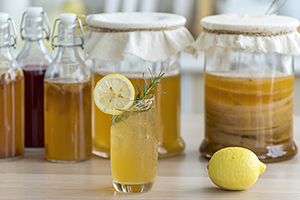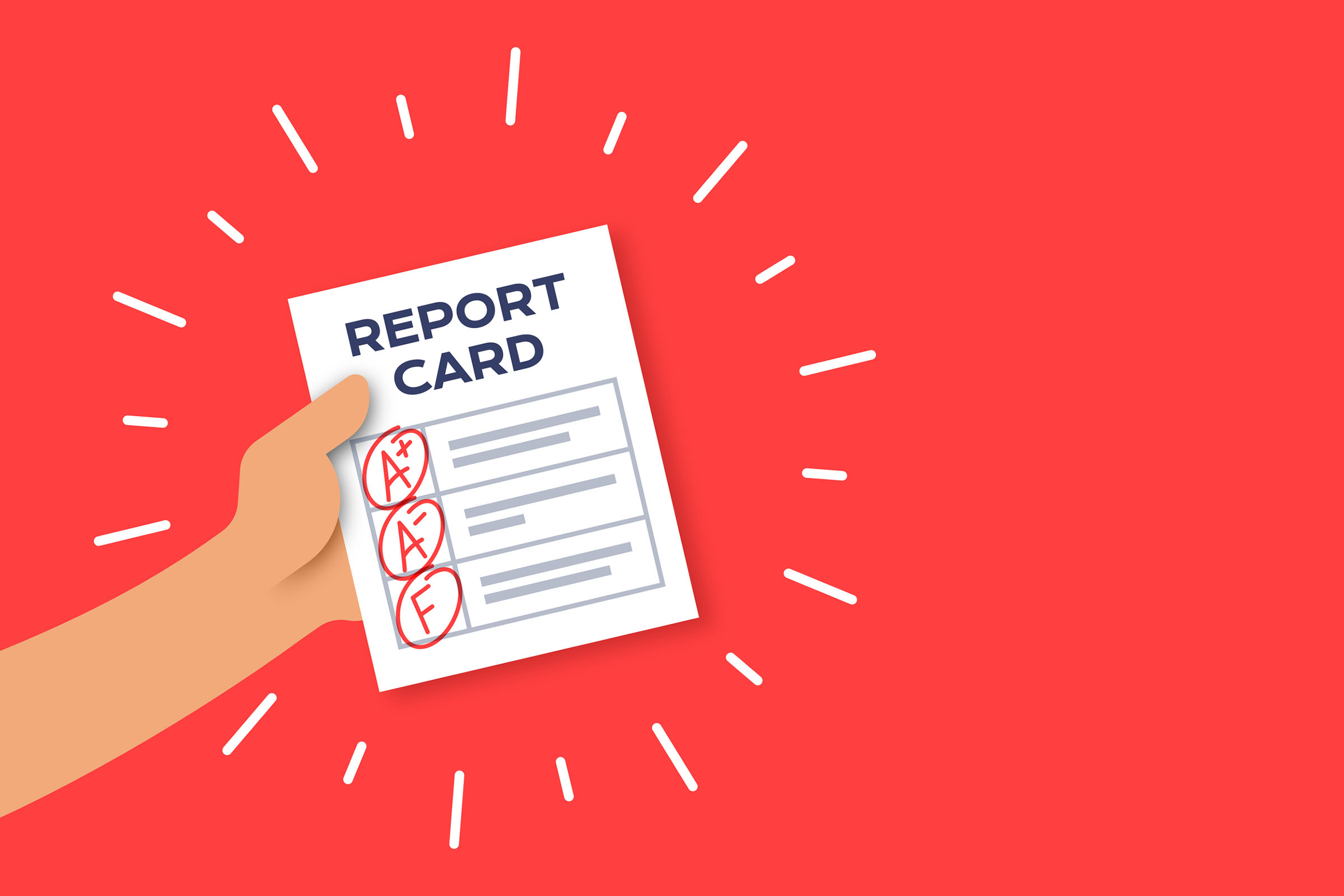Fragrant memories: One of the most remarkable stories of the summer comes to us from researchers at the Department of Neurobiology and Behavior at UC Irvine.
The role of smells in kindling recollections has long been a literary theme, most prominently in the novels of Marcel Proust where evocative scents play a major role. Scientists have long recognized that olfactory pathways are strongly linked to primitive emotional centers within the brain, which in turn elicit memories.
Researchers have also noted that declines in the ability to discern odors can be a harbinger of Alzheimer’s Disease. They therefore designed an ingenious experiment to see if aromatherapy, delivered via diffusers at night while subjects were sleeping, could enhance memory. They even buttressed their conclusions by using precision brain imaging to see if neural pathways associated with recall were fortified in the recipients of aromatherapy.
The results were astounding. Participants in this study reaped a 226% increase in cognitive capacity compared to the control group! Participants were older adults in good health without cognitive impairment, aged 60-83. Aromas were seven essential oil odorants (rose, orange, eucalyptus, lemon, peppermint, rosemary, and lavender); one was released at bedtime for two hours each night for six months, a different scent each night. A control group got lightly scented distilled water.
There was a statistically significant 226% difference between exposed and control older adults in performance on the Rey Auditory Verbal Learning Test. Moreover, brain imaging revealed an enhancement in a neural pathway known to deteriorate in aging that is responsible for “mediating episodic memory, language, socio-emotional processing and selecting among competing memories during retrieval.”
Of note, among the enriched group, only 6 of 12 improved, 5 of 12 stayed the same, and 1 of 12 did worse did worse on the learning tests. And, some might quibble with the funding for the study, which came from Proctor and Gamble, who likely have a potential major stake in validating nightly aromatherapy for seniors worried about their memories.
Nevertheless, researchers conclude: “Our findings should stimulate larger scale clinical trials systematically testing the therapeutic efficacy of olfactory enrichment in treating memory loss in older adults.”
Nose-picking and Covid: Been sayin’! From the onset of the pandemic I warned that inordinate attention was being giving to obsessive handwashing to the exclusion of other precautions; other than via inhaled aerosols, rubbing your eyes or picking your nose with unclean fingers were the only ways viral particles could enter your system. But try not touching your face for 24 hours—ingrained habits are hard to suppress!
A new study proves my point.
Dutch researchers asked health workers—who should know better—to fess up to nose-picking; remarkably, 85% admitted to picking their nose at least once a month, many daily. COVID incidence was significantly greater among respondents who reported picking their nose at least incidentally, and with some degree of regularity, compared with those who refrained at all costs (17.3% vs 5.9%).
A sidelight of the study was that glasses-wearers had half the incidence of Covid as non-wearers. Which is interesting because it’s been argued that glasses interfere with proper seal of fitted respirator masks, which, if this study is any indication, has little if any impact on transmission. This suggests that ocular mucus membranes may also be a portal of entry for Covid, and eye glasses form a bit of a barrier—albeit imperfect.
Resident and specialist physicians were more prone to nose-picking than nursing and support staff; nose-pickers tend to be more likely to be younger and male. Figures!
Recall bias is suggested as a possible limitation of the study; if you were asked in a survey if you picked your nose, would you admit it?
Kombucha for diabetes: Kombucha is touted as having a variety of health benefits. It’s a live culture beverage obtained by fermentation of sweetened tea with a “symbiotic consortium of bacteria and yeasts” (SCOBY). You can make it yourself at home with a SCOBY “mother” starter, that looks like a slimy, mushroom-like blob. It’s a rich source of pre-, pro- and post-biotics.
Researchers at Georgetown University Medical School sought to determine if kombucha might exert a salutary effect in diabetes. They gave two groups of subjects with type-2 diabetes either kombucha or a flavored placebo drink for four weeks, then crossed them over for an additional four weeks.
Remarkably, kombucha significantly lowered average fasting blood glucose levels at week four compared to baseline (164 vs. 116 mg/dL). In individuals with the highest blood sugars, there was an average 74 point reduction!
The study was small and it’s not clear why kombucha appeared to have such a pronounced anti-diabetic effect. The reason may be that end-products of probiotic fermentation—so-called post-biotics—include bioactive compounds like organic acids. It’s also been proposed that certain constituents of kombucha may act as starch blockers.
Oh, and the trial wasn’t sponsored by a maker of kombucha, although some of the researchers have ties to Synbiotic Health a biotech start-up whose stated purpose is “to create novel ingredients – ecologically-advanced probiotics, pinpointed prebiotics, and synergistic synbiotics™ – targeting the gut microbiota to promote optimal health.”
CAUTION: Individuals with yeast or fungal sensitivity, small intestine bacterial overgrowth, immunosuppression, or histamine problems may experience adverse reactions from kombucha.
Seniors frequently get wrong drugs: A recent article entitled “Prevalence of Use of Potentially Inappropriate Medications Among Older Adults Worldwide” highlights the ubiquity of inappropriate medication use in seniors. Drawing on 94 articles including nearly 371.2 million older participants from 17 countries, the review concluded that the worldwide prevalence of potentially inappropriate medications (PIMs) was 36.7%.
Africa (47%) and Latin America (47%), where medications like antibiotics, sedatives and pain relievers are readily available over-the-counter, lead the world in PIM consumption; North America, where stricter controls limit accessibility to prescription meds, fared better at a still disconcerting 29%.
Most frequently taken inappropriately by seniors were benzodiazepines, Valium-like drugs with serious risks of dependency, overdose, falls, and cognitive impairment. Adults over 80 receiving multiple meds were most likely to receive PIMs; the worldwide incidence of PIM use by seniors is soaring, contributing to a massive toll of adverse drug reactions—with orthostatic hypotension, falls, delirium, renal failure, gastrointestinal and intracranial bleeding among the most common clinical manifestations.
The CDC reports that adverse drug events cause approximately 1.3 million emergency department visits each year in the U.S. About 350,000 patients need to be hospitalized for further treatment after emergency visits for adverse drug events.
What we need for seniors is a healthy dose of de-prescribing, whose goal is to “reduce medication burden and maintain or improve quality of life.”
This is one of the remits of geriatric medicine, a subspecialty of internal medicine that deals with the problems of older adults. Despite a demographic shift, with Baby Boomers surging into seniority, geriatric medicine is in decline; the number of board-certified geriatricians has fallen from 10,270 in 2000 to 7,413 in 2020.
Reasons cited include poor financial incentives (geriatricians, on average, make less than other doctors with comparable training). But ageism among medical trainees may be a factor. A JAMA article reports:
“In one study of medical students and residents training at two urban teaching hospitals in northern California, negative perceptions of older adults included that they were inherently ‘end of life’ patients, that they were cognitively impaired, that their medical problems were complex and unlikely to be resolved, and that they socially ‘needy’ and ‘slow’ to interact with.”
No wonder seniors are not getting the care they deserve.







